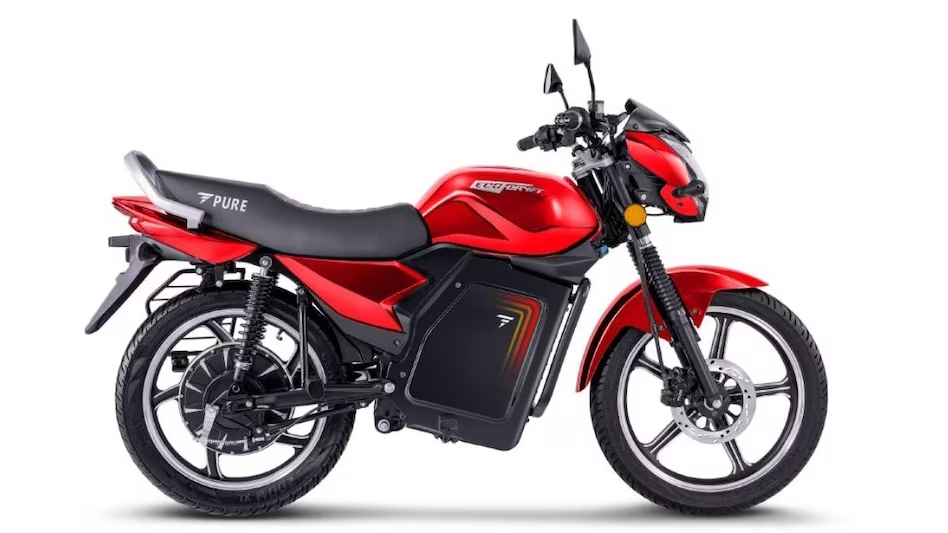
With the rising focus on sustainable and efficient transportation, the buzz around electric vehicles (EVs) and electric bikes (e-bikes) has grown significantly. As more people seek greener alternatives to traditional transportation, the comparison between EV bikes and e-bikes has become a hot topic. In this article, we’ll delve into the performance and environmental impact of EV bikes versus e-bikes, aiming to provide a comprehensive understanding for enthusiasts and environmentally conscious consumers.
Understanding Ev Bikes and E-bikes
Before we delve into the comparison, it’s essential to understand the basics of EV bikes and e-bikes. EV bikes are electric motorcycles with a focus on reducing carbon emissions and providing an alternative to traditional petrol-driven bikes. On the other hand, e-bikes are essentially regular bicycles equipped with an electric motor to assist with propulsion. While both fall under the electric bike category, they serve different niches and have distinct advantages and disadvantages.
Performance Comparison
When it comes to performance, EV bikes generally outperform e-bikes in terms of speed and range. With their larger batteries and powerful electric motors, EV bikes can achieve higher speeds and cover longer distances on a single charge. On the flip side, e-bikes offer a more lightweight and versatile riding experience, suitable for commuting within urban areas and navigating through traffic with ease.
Environmental Impact
In evaluating the environmental impact, both EV bikes and e-bikes offer significant benefits over conventional fuel-powered vehicles. EV bikes cut down on greenhouse gas emissions and reduce the reliance on fossil fuels, contributing to a cleaner and greener planet. E-bikes, while not entirely emissions-free due to their reliance on electricity, still have a lower environmental footprint compared to cars and motorcycles. Furthermore, the act of cycling itself promotes sustainability and personal health, as it involves physical activity without emitting harmful pollutants.
Cost and Accessibility
When considering cost and accessibility, e-bikes have a clear advantage. They are generally more affordable than EV bikes and are accessible to a wider audience. Furthermore, e-bikes can be easily integrated into an individual’s daily routine, providing a convenient and economical mode of transport for short to moderate distances. In contrast, EV bikes come with a higher upfront cost and are primarily targeted towards motorcycle enthusiasts or individuals requiring long-range commuting capabilities.
Conclusion: Harnessing the Power of Electrified Mobility
As we conclude our exploration of EV bikes versus e-bikes, it’s evident that both contribute to the electrification of transportation and the reduction of environmental impact. While EV bikes excel in performance and range, e-bikes offer an accessible and eco-friendly mode of transportation for daily commutes and short trips. Whichever option one chooses, the shift towards electrified mobility signifies a positive step towards sustainability and cleaner urban ecosystems.

I must say, I’m a big fan of the article. It’s nice to see a detailed comparison between EV bikes and e-bikes.
Thank you for taking the time to read and enjoy our article! We’re glad to hear that the comparison between EV bikes and e-bikes was informative and helpful for you. If you have any more questions or would like to know more about the benefits of eco-friendly transportation, feel free to reach out to us at [email protected] or call us at +60 3-7890 3042. We’d be happy to help!
Totally agree. I’ve been thinking about switching to an e-bike for daily commutes. Good thing this article pointed out the pros and cons.
Hi Janice, we’re glad you found the article helpful in deciding between EV bikes and e-bikes! If you have any more questions or need advice on choosing the right e-bike for your daily commutes, please don’t hesitate to contact us at [email protected] or call us at +60 3-7890 3042. We’re more than happy to help. Have a great day!
It’s interesting to see how both options have their own set of advantages. EV bikes are ideal for long-distance travel, but e-bikes are perfect for short trips within the city.
Hello Azizah Mohd, thank you for sharing your thought on both EV bikes and e-bikes. You’re absolutely right, they cater to different needs depending on travel distances. At Eko Life Malaysia, we offer a variety of e-bikes suitable for city commutes. If you’re looking for more information, please feel free to contact us at [email protected] or +60 3-7890 3042.